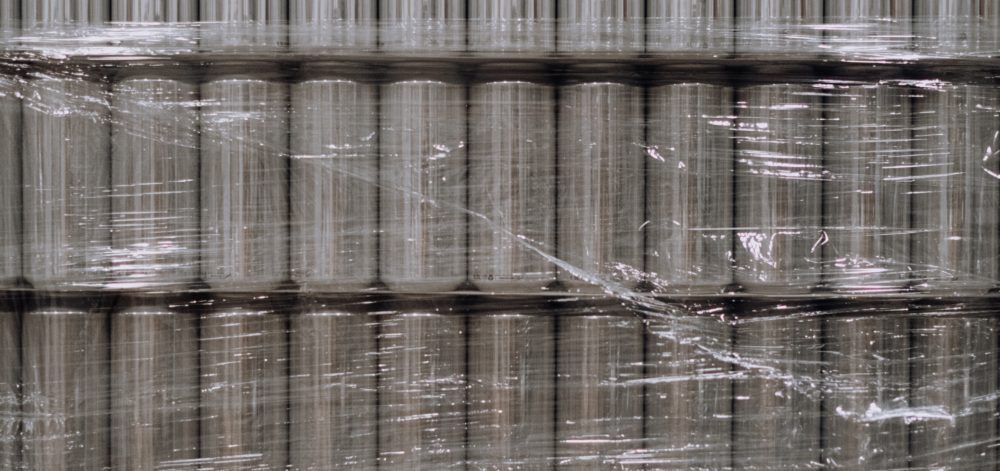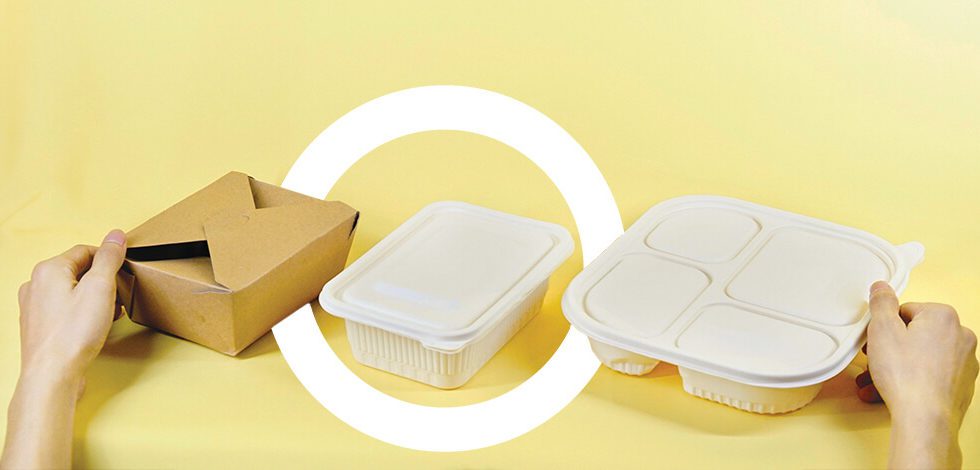On 9th April 2022, it has been officially published the Law 7/2022 on waste and contaminated soils for a circular economy, this Law rules the known as Plastic Tax in Spain. As from 1st January 2023, the companies should comply with the corresponding obligations established by the Law (among others, new invoicing rules, registration, appointing a tax representative, submit regular forms etc.).
Our tax experts can help your company to adapt to the new environmental taxation of the Spanish Government.
Objectives of the Plastic Tax in Spain
The Spanish Government seeks to take a first step towards reforming the environmental taxation system by creating two new taxes: the special tax on non-reusable plastic and the tax on waste in landfills and the incineration of waste, with the following objectives:
- To protect human health, specifically to reduce the use of plastic and reduce its environmental impact.
- To promote the circular economy in the field of plastic, to promote the circular economy in our country, to encourage the use of more environmentally friendly materials and to fulfil the obligations of the European directives.
- To comply with the requirements established by the European Union in terms of environmental taxation.
Characteristics of Plastic Tax in Spain
In this article we analyze the most important points of the new excise tax on non-reusable plastic.
- To whom it applies: The tax will be applicable to individuals, legal entities, and entities without legal personality, but which constitute an economic unit or separate assets subject to taxation. The tax will be levied and applied throughout Spanish territory.
o The Law provides for cases of non-taxation, such as the manufacture of products that form part of the target scope, when they were previously subject to application, have become out of date, or have been destroyed, among other examples.
o Other cases of exemption are packaging for medicines or medical devices, among others.
- Target scope: these are mainly products such as non-reusable packaging containing plastic, semi-finished products intended to produce packaging such as thermoplastic preforms or sheets, as well as plastic products intended to enable the closure, marketing or presentation of the aforementioned packaging.
- The following activities constitute the taxable event and situations that give rise to the tax liability:
o Manufacture, importation or intra-Community acquisition of the products that form part of the objective scope of the tax.
o The irregular introduction into the territory of application of the tax of the products that would constitute the objective scope of the tax.
Taxable base and determination of the amount of the new tax on plastics and non-reusable packaging
In this regard, the tax will be calculated as follow:
- Taxable base of the tax will be calculated in kilograms and will correspond to the total amount of non-recycled plastic, in case of coexistence of other elements, the taxable base will be constituted exclusively by the amount of non-recycled plastic.
- The applicable tax rate would be 0.45 euros for each kilogram, obtaining the full amount by multiplying the applicable rate by the tax base expressed in kilograms.
Indicative examples:
- A retail company has 50 KG of non-reusable packaging (pure).
– Taxable amount= 50KG
– Tax payable: 50KG x 0,45€ = 22,5 EUR
- An automotive company has 50KG semi-finished product (70% recycled and 30% non-recycled).
– BI= 30% of the total (50kG)
– 30% x 0,45€ = 0,135€/KG = 6,75
Other Considerations on the Plastic Tax in
Regarding the payment of the new excise duty on non-reusable plastic, it must be taken into account the following:
- The tax returns that must be submitted will follow a regime very similar to the self-assessments of the Value Added Tax (VAT), being able to be monthly or quarterly. In certain cases, provided for in the Law, it will be possible to reduce the tax due with deductible tax deductions. And, as in VAT tax returns, the result may be offset against other periods or, if the Spanish Tax Authorities (STA) considers it correct, a refund of the excess paid may be requested.
- There will also be formal obligations regarding territorial registration and registration as taxpayers of the tax. At the same time, there will be obligations related to invoicing, which must be taken into account when issuing invoices for taxable transactions.
- Taxpayers that the non-established in Spanish must appoint a representative (they must be registered) with the Tax Authorities in relation to their obligations for this tax, prior to the first transaction.
The Law states that there will be a penalty system, which will cover penalties ranging from sanctions for infringements of formal aspects and erroneous entry of data with a minimum amount of 1,000 euros. Or in the case of enjoying tax benefits to which one is not entitled, 150% of the tax benefit unduly enjoyed, applying in this case also the minimum of 1,000 euros.
______
At Ayming we seek to generate sustainable development and promote environmental care, in the same way that we accompany our clients so that they can meet their environmental tax challenges. We have more than 30 years’ experience in providing personalized advice to companies and individuals on the application and management of this new tax.
José Luis Lorenzo, Senior Consultant at Ayming
Contact form.
Reference Framework Directive / Directives 2018/851/EU, amending Framework Directive 2008/98/EC of 19 November 2008 on waste
Reference Directive SUP / 2019/904 of 5 June 2019 on reducing the impact of certain plastic products on the environment.
Reference to Spanish Plastic Tax / Law 7/2022 of 8 April on waste and contaminated soils for a circular economy.










No Comments